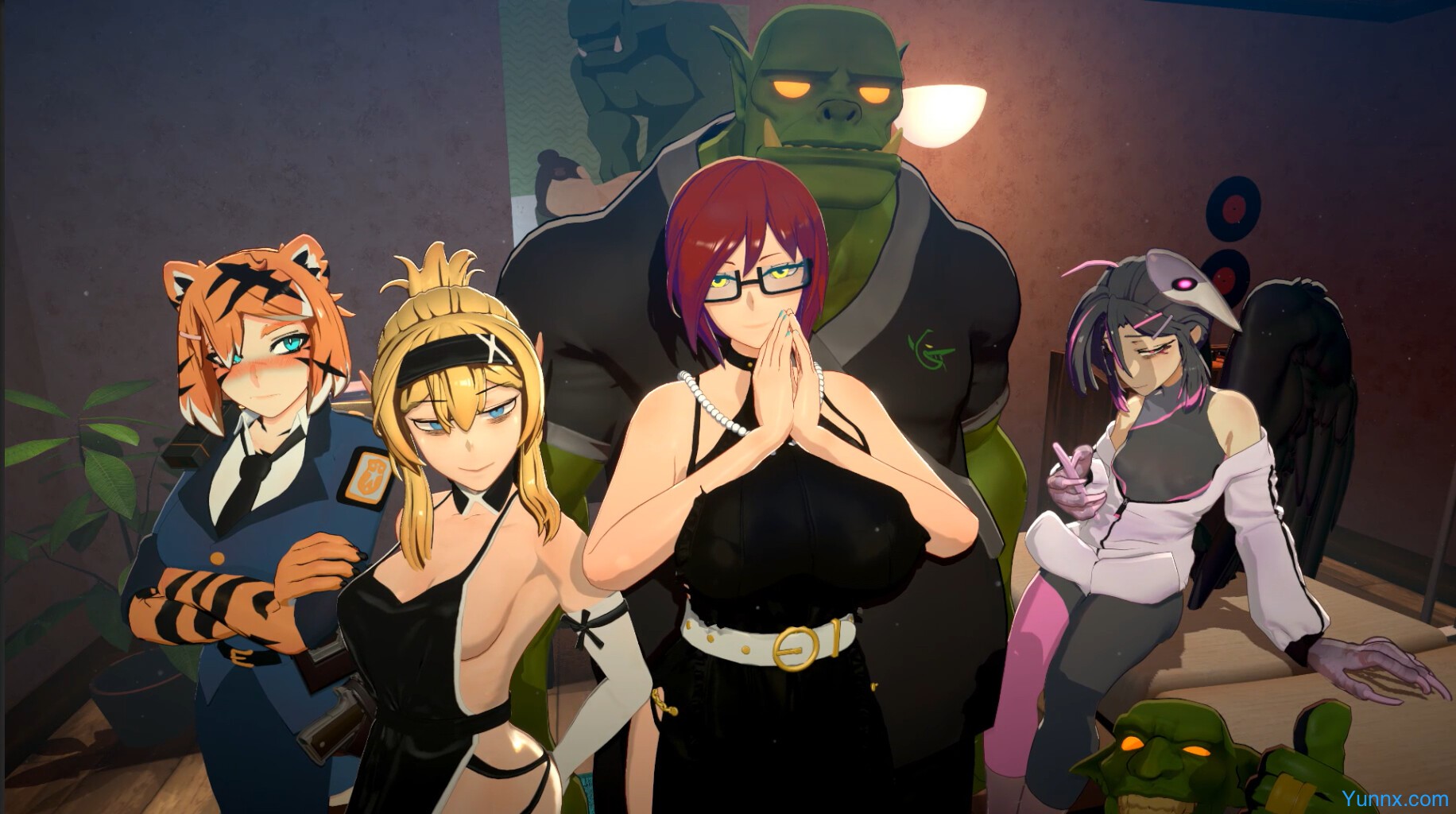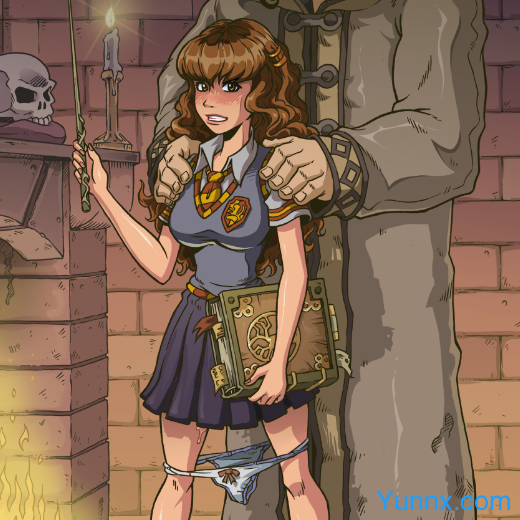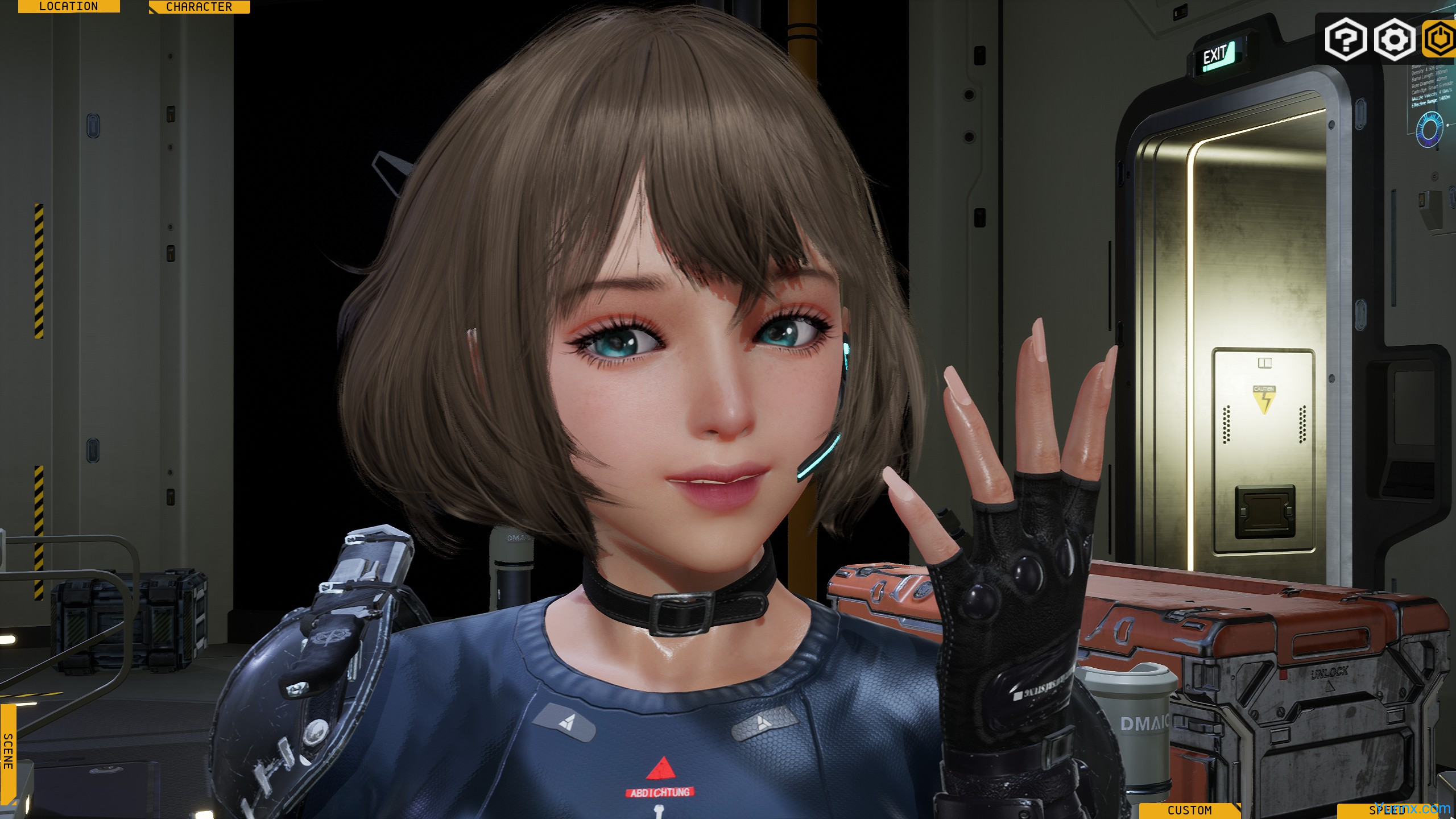"Inside Jennifer" follows a 24-year-old teacher-in-training as she navigates a chaotic move to New York City, balancing job interviews and relationship strains. When a cryptic letter disrupts her plans, players uncover hidden secrets in her new apartment, blending point-and-click exploration with psychological tension. A narrative-driven thriller where every choice impacts Jennifer’s career, relationships, and grip on reality.
Narrative Structure & Player Choices
1. Dual Timelines - Alternately explore Jennifer’s present-day struggles (job interviews, financial stress) and fragmented flashbacks to her childhood, revealing trauma that mirrors her current fears.
2. Dynamic Dialogue - Convince landlords, interviewers, or Mark to gain advantages. Missteps trigger paranoia-fueled hallucinations or lock down critical story paths.
3. Hidden Clues - Search apartments for vintage toys, cryptic notes, or distorted voicemails hinting at a decades-old urban legend tied to her building’s history.
Character Development & Emotional Beats
1. Relationship Strains - Navigate Mark’s growing resentment as Jennifer’s job search drags on. Choose to confide in him or hide failures, risking trust or isolation.
2. Moral Dilemmas - Steal rent money to afford interview suits? Lie about qualifications? Each decision alters Jennifer’s karma meter, affecting later job offers and social interactions.
3. Hidden Trauma - Solve puzzles involving childhood diaries or therapy sessions to piece together her repressed memories, which foreshadow the apartment’s supernatural horrors.
Gameplay Mechanics & Atmosphere
1. Environmental Storytelling - Rotting walls, malfunctioning elevators, and flickering neon lights reflect Jennifer’s mental state. Interact with objects like broken mirrors to trigger memory visions.
2. Sanity Meter System - High stress causes hallucinations (e.g., Mark transforming into a stranger). Lower sanity reduces interview performance but unlocks surreal, meta-narrative encounters.
3. Career Simulation - Prepare for fake teaching exams via mini-games: calming rowdy students in a classroom scenario or crafting lesson plans that hint at Jennifer’s hidden creativity.
Visual Style & Sound Design
1. Dual Art Directions - Daytime scenes use muted, semi-realistic visuals, while nighttime horror sequences shift to jagged, cel-shaded distortions mirroring Jennifer’s psyche.
2. Soundtrack Ambiguity - Ambient piano tracks blend with distorted children’s laughter. Volume shifts subtly based on choices—e.g., higher “stress” raises ambient noise levels.
3. Interactive Horror Elements - Peek through keyholes to find unsettling symbols or solve riddles to silence ghostly whispers echoing from vent systems.
Replayability & Hidden Lore
1. Branching Endings - 5 endings hinge on job success, relationship status, and truth-seeking. Secret endings require finding all “red key” items referencing her missing mother.
2. New Game+ Variants - Replay with “Guilt Trip” mode, forcing players to relive Jennifer’s worst decisions, or “Urban Legend” mode, where the building’s lore evolves based on prior playthroughs.
3. Community Mysteries - Unlock a hidden ARG via in-game graffiti codes, directing players to solve real-world puzzles for bonus backstory fragments.



























































